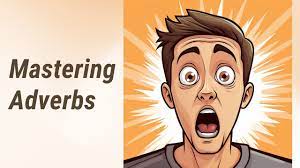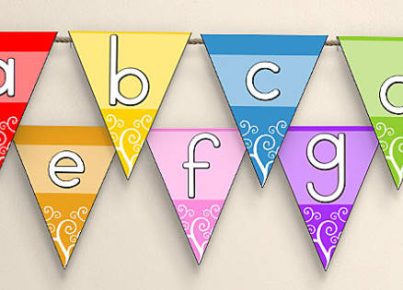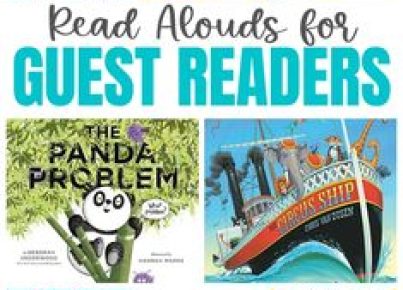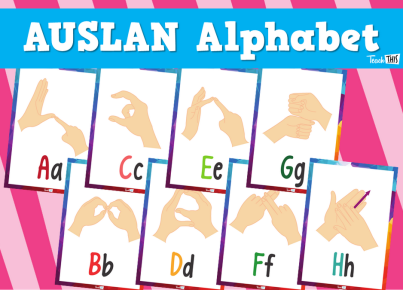Introduction: The Power of Adverbs
Adverbs are a crucial component of the English language, which is why mastering them is essential for students to become proficient in their communication. These versatile words modify verbs, adjectives, and other adverbs by expressing how, when, where, or to what extent an action occurs. In this article, we’ll explore 20 engaging activities that will help boost your students’ language skills through the mastery of adverbs.
1. Adverb Charades: Have students act out adverbs while others guess the word.
2. Adverb Scavenger Hunt: Hide adverb cards around the room and have students find and categorize them.
3. Adverb Bingo: Create bingo cards with adverbs; call out sentences with missing adverbs while students fill in their card.
4. Mad Libs: Use Mad Libs templates to let students practice inserting appropriate adverbs into unique stories.
5. Adverb Pictionary: Have students draw an action and its corresponding adverb for classmates to guess.
6. Hot Seat: One student thinks of an adverb while others take turns asking questions to identify it.
7. Racing Sentences: Create a relay race where each team must create a sentence using one assigned adverb correctly.
8. Adverb Storytelling: Encourage students to take turns telling a story using as many adverbs as possible.
9. Synonym Match-Up: Provide a list of adverbs along with synonyms; students match pairs based on their meanings.
10. Adverb Ball Toss: Toss a ball in a circle while each student states a new adverb before tossing again.
11. “Fortunately, Unfortunately” Game: Students create sentences progressively using “fortunately” and “unfortunately,” emphasizing the use of adverbs to convey meaning.
12. Grammar Police: Assign “grammar police” roles for students to listen for adverbs and correct any misuse during daily activities.
13. Adverb Battleship: Adapt the classic game by placing adverbs on the grid and guessing opponent’s adverb locations.
14. Adverb Chain: Begin with a verb, have each student add an adverb to a growing list, and challenge them to create a sentence using all the words.
15. Role-Playing Scenarios: Choose real-life scenarios and assign roles; students must use adverbs effectively in dialogues.
16. Adverb Card Game: Create a card game based on matching verbs with appropriate adverbs.
17. Movie Time: Show a short film with subtitles and have students identify the adverbs used throughout.
18. Song Analysis: Pick popular songs with notable use of adverbs, and have students analyze the language skills employed.
19. Write Your Own Grammar Book: Encourage students to write their grammar book including definitions, examples, and exercises all involving adverbs.
20. Adverb Speed Rounds: Students choose an adverb from a list and use it in a sentence fittingly within a limited time frame.
Conclusion
Mastering adverbs is an essential aspect of improving language skills, providing students with increased fluency and versatility in their communication abilities. Through engaging activities and consistent practice, your students will develop the confidence to express themselves effortlessly with these vital words. These 20 activities can be easily incorporated into any curriculum, offering ways to enhance your students’ understanding of adverbs while making language learning enjoyable.





